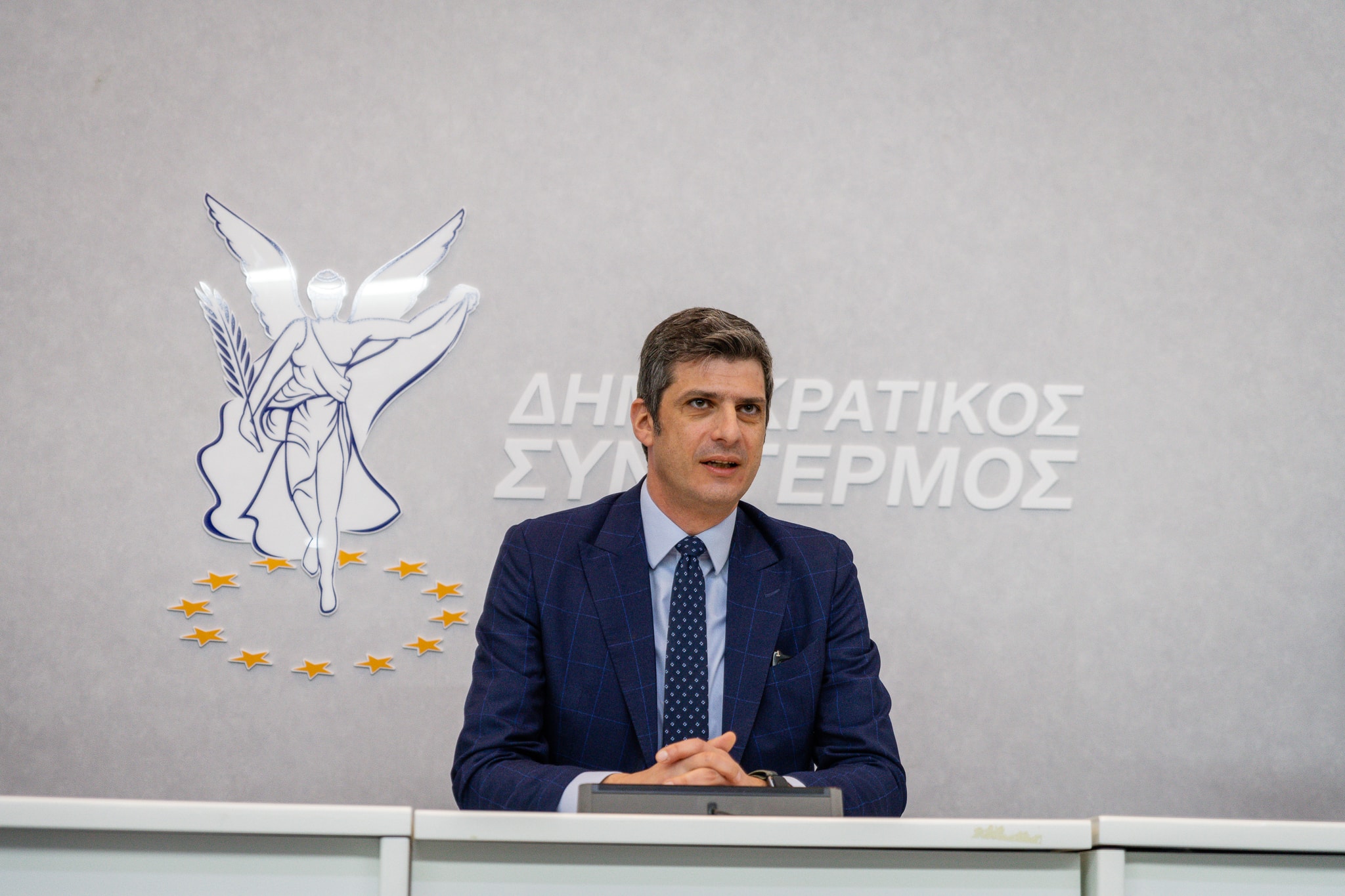The House institutions committee discussed a proposed law to regulate donations and contributions to public authorities and private organisations, the committee announced on Wednesday.
The law, submitted by MP Alexandra Attalides, would require recipients to maintain a registry with the donor’s details, amount and purpose and make this information public.
The proposal aims to increase transparency and prevent conditions that could enable corruption. Committee chair Demetris Demetriou said the committee will request records from the finance ministry of all donations in cash or kind for 2024 and 2025, including rejected contributions.
Attalides said the registry would be maintained by the audit office and publicly accessible. Donations above €5,000 would be published online, in the official gazette, and in the public registry. Donations exceeding €50,000 would also appear in two widely circulated newspapers. Administrative fines for non-compliance could be imposed by the finance minister.
The law was prompted by a donation for the Limassol public park by a non-Cypriot donor who attached conditions. Attalides said the project was altered without fully considering the garden’s historical and architectural value, causing protests and court cases. She described the situation as a lesson in the need for stricter rules
on conditional donations.
The proposal also prohibits donations from individuals with convictions for financial crimes, tax arrears, or breaches of public contracts. Donations with specific purposes would need cabinet approval. Small contributions below a set threshold and urgent donations would be exempt, with retroactive registration. Non-compliance could lead to fines up to three times the donation’s value.
Auditor-general Andreas Antoniades supported the law, stressing that donations must meet public needs, be fully funded and avoid additional obligations. He said rejected donations for fire victims and IT systems requiring future upgrades showed the need for strict procedures to protect the public interest.
According to the finance ministry, under law 38I of 2014, the finance minister approves donations to the central government, and fines are imposed by the relevant ministry. Last year, about 100 small donations were reviewed, the smallest being €140, ensuring public benefit and no obligations to the donor.
Data protection commissioner Maria Christofidou said she supported transparency and agreed with both the proposed law and current donation regulations.
Demetriou said the law “moves in the right direction” but requires technical adjustments. He added that the ministry has been asked for donation records from 2024 and 2025 to provide a full picture of recent activity.
The proposal now awaits revision before further parliamentary discussion.






Click here to change your cookie preferences